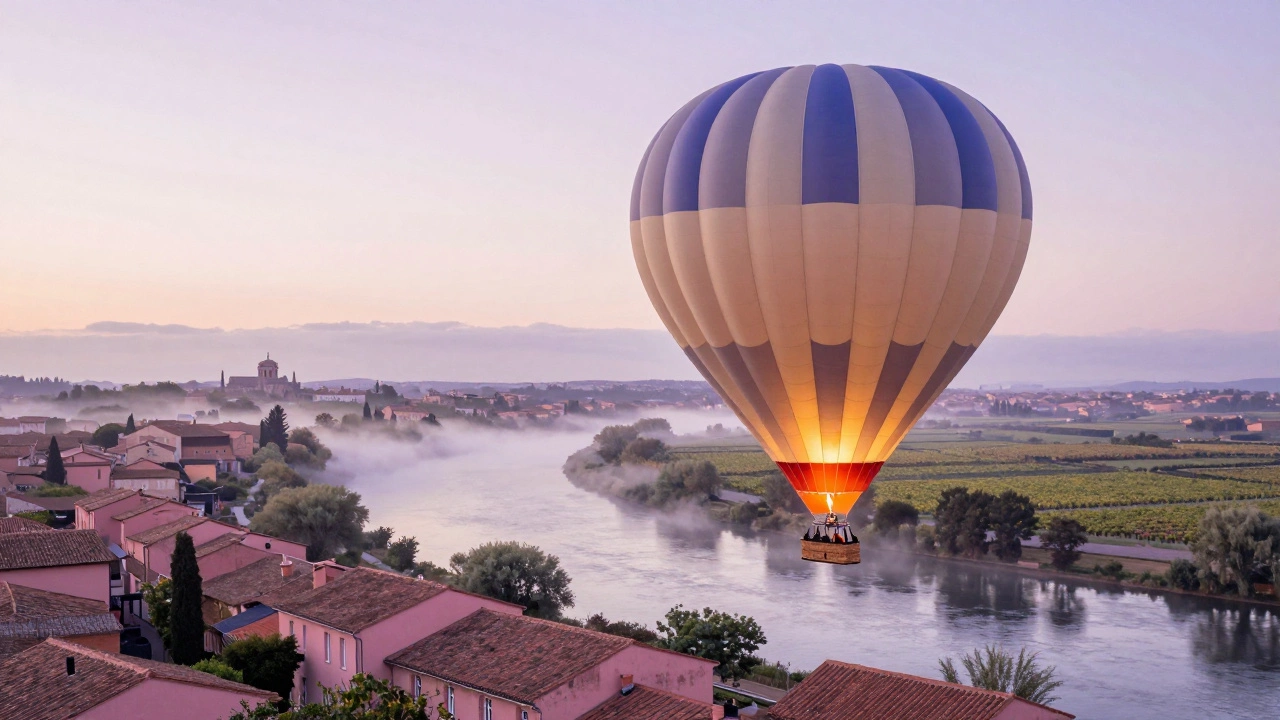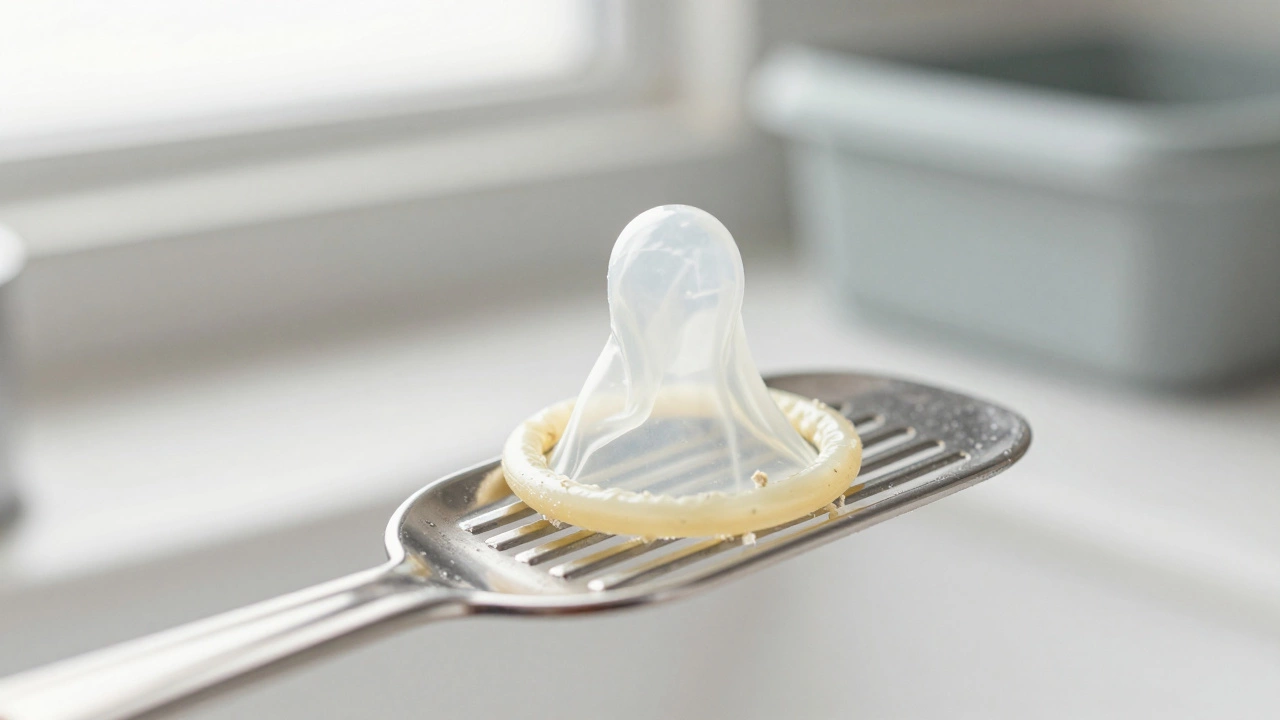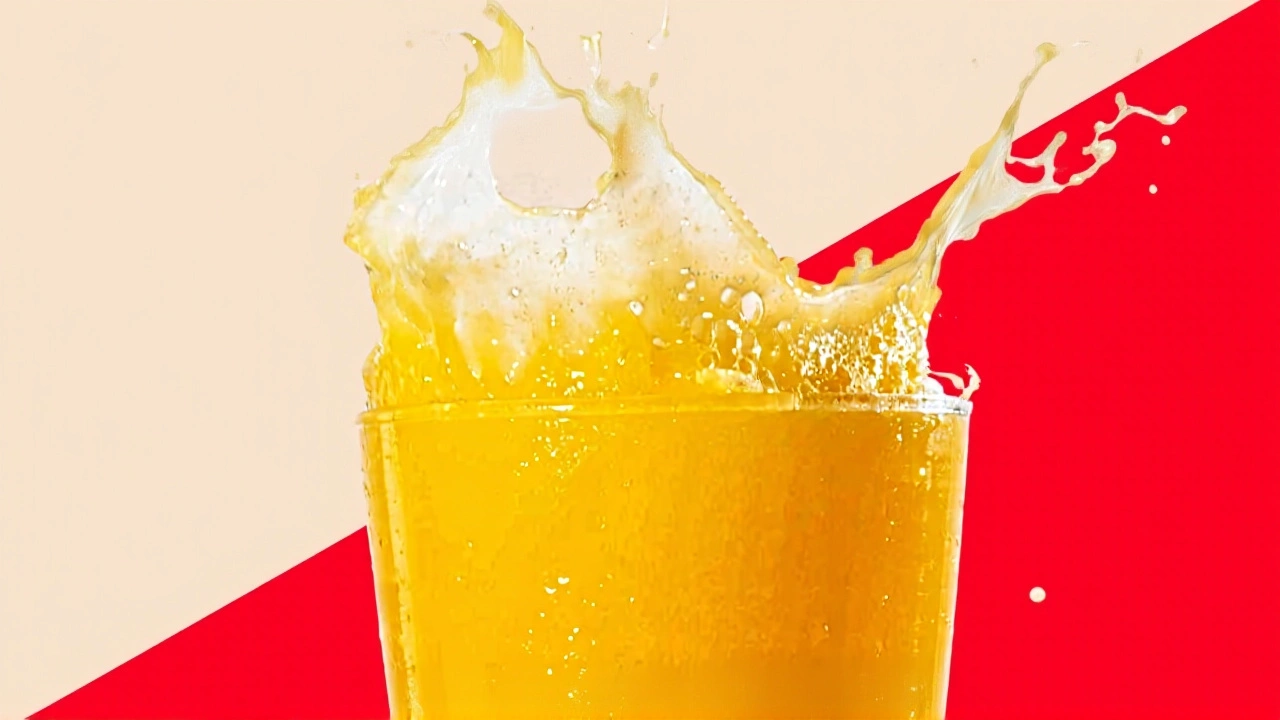Swimming Tips, Training Guides, and News at Positive Swim Sport
Welcome to a place where you can get real advice to get better at swimming, faster. Whether you are just starting or chasing a new personal best, we have short, clear tips you can try today.
Quick Tips for Every Swimmer
Start each session with a few easy drills: catch‑up, fingertip drag, and breathing every three strokes. These fix bad habits without adding extra fatigue. Keep your body flat and pull straight, that way you cut drag and swim longer with less effort. If you feel tired, switch to a relaxed freestyle rhythm and focus on a smooth breath pattern – it helps you stay relaxed and saves energy.
Stay Updated with Swim News
We bring the latest race results, gear reviews, and stories of amazing swims like David Meca’s Spain‑to‑Ibiza crossing. Checking our news page once a week keeps you in the loop and gives you fresh motivation for your own training.
Join the community, share your progress, and turn every lap into a step toward a healthier, happier you.









